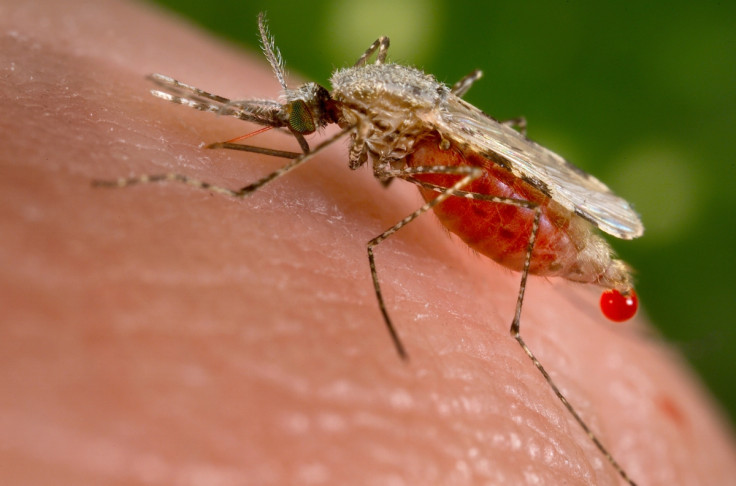US: Brazil's 'birth defect virus' Zika identified in Texas

The Zika virus, suspected of causing severe birth defects, has been identified in the US in a Houston woman after a trip to El Salvador.
"I am really worried about Zika," said Dr Peter Hotez, dean of the National School of Tropical Medicine at Baylor College of Medicine in Texas. "I am worried about Zika taking off on the Gulf coast."
Houston and similar cities such as New Orleans have the kind of warm, wet lowlands where mosquitos carrying the once-obscure infection love to breed, he noted. "We have both species of mosquito that can transmit the virus. There's the right level of poverty and the tropical climate" for the virus to spread, Hotez told NBC News. The first case of Zika in Puerto Rico was identified in December 2015.
Zika is carried by the Aedes aegypti mosquito, which only lives in tropical regions, and the Asian tiger mosquito, Aedes albopictus, which shows up much farther north in the summer. It's not the first time Zika has been identified in the US, but officials are not concerned of a spread in the cooler, more temperate regions of the nation. But warmer climes are a concern. There have been outbreaks of dengue fever, similarly spread by mosquitos, in Texas and Hawaii.
Zika has taken off with a vengeance in Brazil, and spread across Latin America as far north as Mexico, infecting hundreds of thousands of people. The major concern is a suspected link between the virus and the microcephaly birth defect in newborns. Microcephaly is an often deadly condition in which babies are born with smaller than normal brains and heads.
Experts were initially uncertain that the virus was the cause of the deformity, but the number of cases has now reached 4,000, compared to an average of 150 or so a year in Brazil in previous years. Researchers have also linked genetic material from the virus in amniotic fluid of mothers to two babies with microcephaly. Experts believe some 1.5 million Brazilians have been infected.
"What we're looking at now [in Brazil] is the avalanche. In the clinics we see anywhere from 10 to 15 cases a day" of microcephaly, Dr Nikos Vasilakis, a researcher in Texas who has worked in Brazil, told the Guardian.
"We have to act now," said Hotez. "This is such an unusual virus. It tends to produce low-level symptoms. You won't know you had a Zika outbreak until nine months later, when babies start being born with microcephaly. For every case that's been picked up there might be a dozen more across the state of Texas, or maybe 100 more that we're not diagnosing,"
There's no vaccine and no treatment for the virus.
The Pan American Health Organization is warning anyone traveling in warmer areas of the Americas to take care to avoid mosquito bites. Pregnant women need to be especially careful. Only one in four people infected with Zika develops symptoms, which include a low level fever, rash, joint pain and conjunctivitis. Yet they still carry the virus that can be transmitted to a fetus.
© Copyright IBTimes 2024. All rights reserved.






